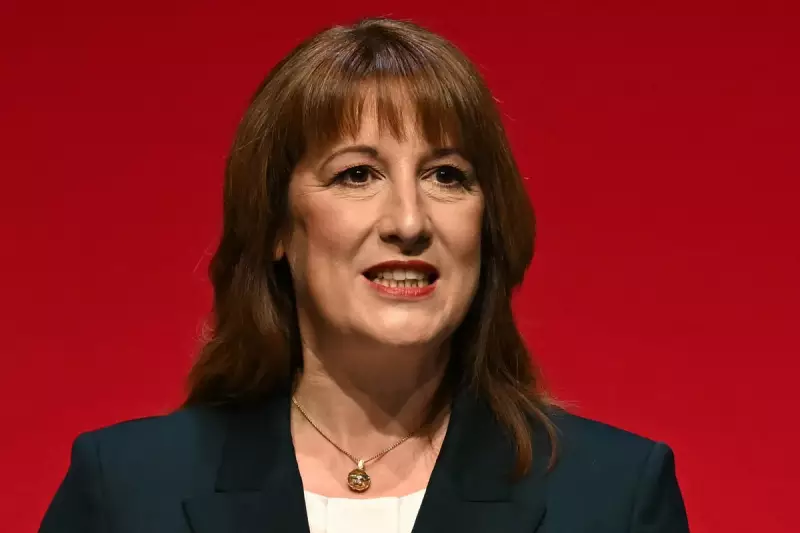
In a significant pre-budget announcement, Shadow Chancellor Rachel Reeves has made a firm commitment that a future Labour government would not increase the main rates of income tax, national insurance, or VAT.
The pledge comes as Chancellor Jeremy Hunt prepares to deliver what could be the final budget before the next general election, with both major parties positioning themselves on economic policy.
Economic Growth Over Tax Rises
Reeves emphasised that Labour's approach would focus on stimulating economic growth rather than raising taxes on working people. "We will not be increasing taxes on working people," she stated unequivocally, outlining her party's alternative vision for economic management.
The shadow chancellor criticised the Conservative government's economic record, pointing to what she described as "fourteen years of economic failure" that has left working people worse off despite rising tax burdens.
Productivity Challenge
Central to Labour's economic strategy is addressing Britain's long-standing productivity problems. Reeves highlighted the importance of making the economy more efficient and competitive, suggesting this would be a key focus area for any Labour administration.
The Office for Budget Responsibility (OBR) has previously identified weak productivity growth as a major constraint on the UK's economic potential, making this a critical battleground in economic policy debates.
Budget Context
The timing of Reeves' announcement is significant, coming just days before the Chancellor's spring budget. With the government facing pressure to deliver tax cuts amid ongoing economic challenges, Labour is seeking to define its own fiscal approach clearly.
Political analysts suggest this tax pledge represents an attempt by Labour to position itself as the party of economic responsibility while distinguishing its approach from Conservative tax policies.





